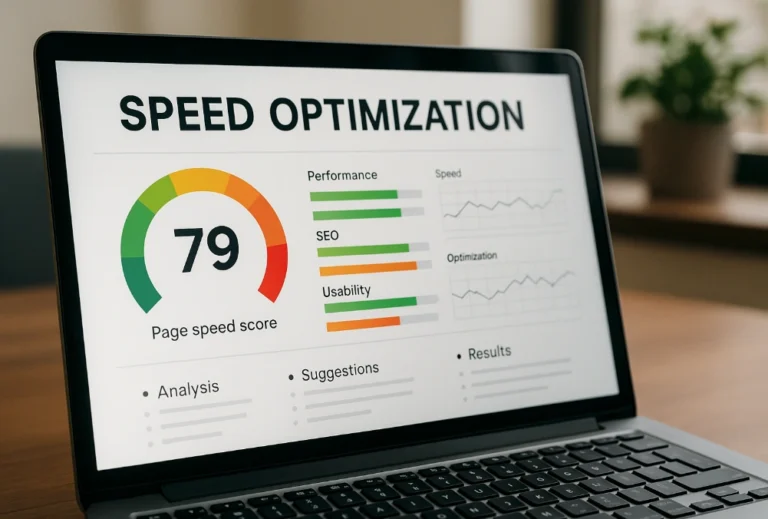Social media has become a powerful driver of brand awareness, lead generation, and customer engagement. Having a presence is important, but marketers must also demonstrate measurable results. That’s where social media KPIs come in. These measurable indicators allow businesses to evaluate what’s working, what needs improvement, and how to align their strategy with business goals.
Tracking the right social media metrics to track helps brands stay competitive, optimize campaigns, and drive real ROI. With the right tools and frameworks, businesses can turn raw data into actionable insights. This article breaks down the most important social media success metrics, platform-specific KPIs, and how to create a system that measures and scales performance effectively.
What Are Social Media KPIs?
Social media KPIs, or key performance indicators, are quantifiable metrics used to measure the effectiveness of a social media strategy. These benchmarks help businesses determine whether their content, engagement, and advertising efforts are achieving desired outcomes. From likes and shares to conversion rates and customer acquisition costs, social media key performance indicators provide a framework for data-driven decision-making.
Understanding ‘what is social media metrics’ allows marketers to align social media activities with broader business goals. These KPIs serve as the foundation for evaluating campaign success and determining areas for optimization. Ultimately, social media KPIs help organizations stay accountable, strategic, and results-focused.
Why Tracking the Right KPIs Matters
Choosing the right KPIs for social media marketing is essential for sustainable growth and performance improvement.
They Align Efforts with Business Goals
Tracking relevant social media performance metrics ensures every action supports larger objectives like sales, lead generation, or brand awareness. Misaligned KPIs waste time and budget on vanity metrics that don’t move the needle. Focused measurement creates clarity across departments.
They Reveal What’s Working
Consistent reporting on social media metrics to track highlights top-performing content, campaigns, and engagement tactics. With this information, marketers can double down on successful strategies. Understanding performance trends also helps forecast future results.
They Drive Strategy Adjustments
Every campaign won’t be a home run, and that’s part of the process. KPIs provide real-time feedback, empowering teams to pivot, refine, and improve. This kind of agility leads to higher ROI and more resilient marketing strategies.
The Most Important Social Media KPIs to Track
Selecting the right KPIs is the foundation of an effective social media strategy. The following are critical social media success metrics that help evaluate and scale efforts.
Engagement Rate
Engagement rate measures how users interact with content through likes, shares, comments, and saves. It helps determine how relevant and compelling the content is. High engagement typically signals a strong audience connection.
Reach and Impressions
Reach refers to how many unique users see a post, while impressions track the total number of views. These metrics are vital for brand awareness. High reach with low engagement may suggest that the content needs improvement.
Click-Through Rate (CTR)
CTR shows the percentage of users who clicked on a link after seeing a post. It is a key KPI for assessing ad and content effectiveness. A low CTR could signal issues with visuals, copy, or targeting.
Conversion Rate
This metric measures the number of users who take a desired action, such as signing up or making a purchase. It ties social media activity to business outcomes, and tracking conversions validates return on investment.
Follower Growth
An increase in followers over time can indicate growing brand interest and credibility. Steady growth suggests consistent value delivery. However, it’s essential to pair this with engagement data to ensure audience quality.
They Justify Budget and Resources
Strong social media metrics reports help justify the spend and team effort to leadership. By showing ROI tied to KPIs for social media marketing, marketers can make a strong case for continued or increased investment. Numbers back up the value of strategy and execution.
They Improve Team Accountability
When KPIs are clearly defined, everyone knows what success looks like. Social media key performance indicators create benchmarks for roles and responsibilities, improving collaboration and keeping the team aligned on priorities.

KPIs by Platform: What to Track on Each Channel
Different platforms serve different purposes. Tracking the right KPIs for each ensures a platform-specific approach that drives results.
| Platform | Key KPIs |
| Reach, engagement rate, CTR, ad conversions | |
| Saves, reach, story views, profile clicks | |
| Post engagement, follower growth, and referral traffic | |
| Twitter/X | Retweets, mentions, engagement rate |
| TikTok | Watch time, shares, CTR |
| YouTube | Watch time, subscriber growth, engagement rate |
How to Create a Social Media KPI Dashboard
A well-designed KPI dashboard offers a centralized view of all social media metrics and helps marketers stay aligned with their goals. Start by defining objectives such as brand awareness, engagement, lead generation, or sales. From there, select social media metrics that support these goals and establish realistic benchmarks to measure progress effectively.
Using a social media metrics tracker can simplify the visualization process across multiple platforms. Tools like Google Data Studio, Tableau, and built-in analytics solutions provide clean, real-time dashboards that are easy to update and interpret. A strong social media metrics report should highlight key KPIs, track trends over time, and offer actionable insights to guide strategic decisions.
Social Media Metrics That Don’t Tell the Whole Story
Some metrics might look impressive, but don’t always indicate true performance.
Likes and Follows
While these numbers are easy to track, they don’t always equate to customer loyalty or conversions. A large following with low engagement may suggest an unengaged or misaligned audience.
Post Volume
Posting frequently doesn’t guarantee better performance. Without quality and strategy, more posts can dilute your message. It’s better to focus on thoughtful content than sheer quantity.
Viral Moments
A viral post may temporarily spike metrics, but often doesn’t contribute to long-term goals. Sustainable success requires consistent performance across several social media KPIs, not just one-off wins.
Impressions
High impression counts might look promising, but don’t indicate actual engagement or interest. Many users may scroll past without interacting. Engagement rate is often a more telling social media success metric.
Tools to Track and Visualize Social Media KPIs
The right tools make KPI tracking easier and more effective.
Sprout Social
Sprout offers a robust social media metrics tracker with customizable reports. Its dashboard simplifies cross-platform analysis and trend tracking. Users can easily monitor performance across multiple accounts.
Hootsuite
Hootsuite provides social media metrics tools that track engagement, traffic, and ROI. Reporting features make it easy to present clear results. It’s ideal for teams managing several channels.
Google Analytics
Google Analytics links social media KPIs to website activity. It tracks referral traffic and conversions from social platforms. Marketers use it to measure social impact on business goals.
Buffer
Buffer delivers simple analytics for post performance and scheduling. Reports focus on core social media success metrics. It’s a great choice for small teams and solo marketers.
Zoho Social
Zoho Social offers real-time tracking of social media performance metrics across multiple platforms. Its visual reports help identify trends and campaign effectiveness. Integration with CRM tools also adds value for lead tracking.
Metricool
Metricool combines scheduling with detailed analytics for all major social networks. It provides a clear view of social media metrics to track, such as engagement, reach, and growth. Its simple interface makes it ideal for freelancers and agencies alike.

LeadOrigin’s Approach to Social Media Performance Strategy
Measuring social media performance goes beyond tracking numbers. It’s also about driving real business growth. LeadOrigin, a full-service digital agency, helps businesses identify the right KPIs in social media and align them with core brand objectives. The agency stands out by connecting social KPIs directly to website traffic, conversions, and revenue using customized dashboards and strategic insights.
With locations in Houston at 2100 W Loop S #1400 and Silicon Valley at 228 Hamilton Ave Suite 325, Palo Alto, LeadOrigin provides expert support tailored to each market. The team specializes in small business website development, ensuring every digital presence is optimized to strengthen and support an effective social media strategy.
Turning Metrics into Growth
Social media KPIs give marketers the power to track, evaluate, and refine their strategies with precision. By focusing on the right social media metrics to track, businesses can cut through the noise and concentrate on what drives results. From engagement to conversions, understanding these key indicators is essential to building long-term brand equity.
LeadOrigin is here to help small businesses harness the full potential of social media. With data-driven strategies, web development expertise, and locations in Houston and Palo Alto, contact us today!






